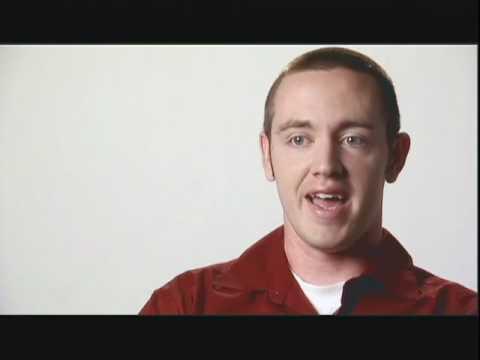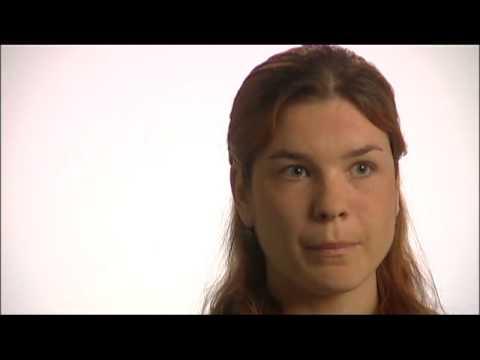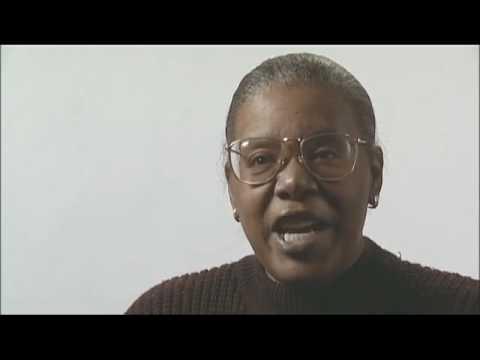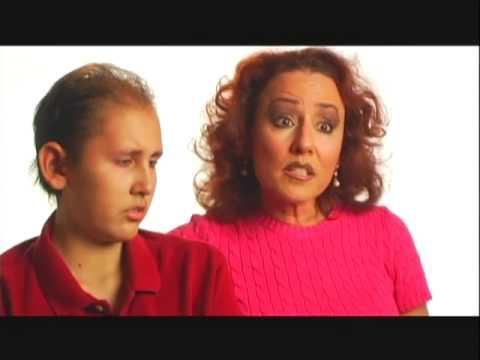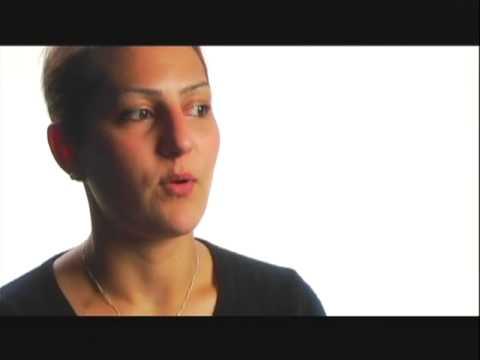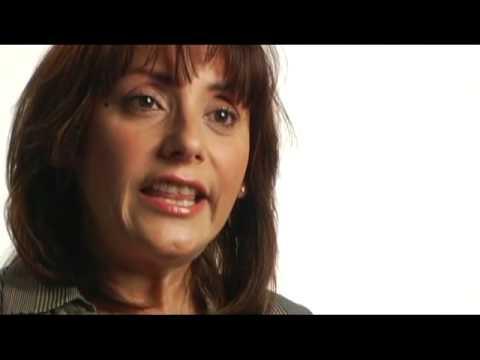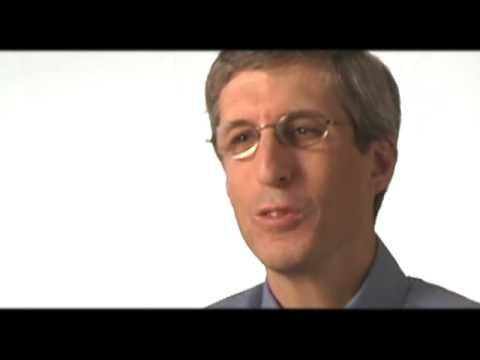Susan R.
I became a survivor on October 4, 1994 when I was diagnosed with breast cancer.
I found out I was pregnant within two weeks after I first felt a lump. I did not do regular breast self-exams, but felt this lump. My doctor said it was probably a cyst. I delivered my daughter on December 31, 1993. As I was nursing, I kept feeling this lump. At my one-month postpartum checkup, I presented it again to my doctor, and he chose to say that it was breastfeeding-related. At three months, he said again it was breastfeeding-related.
Finally, at about eight months, I mentioned it to my father, who’s a pediatrician. He immediately responded that this was not good. When I got back to Houston, I went again to my doctor, who still thought it was nothing, but sent me to a surgeon who immediately looked at it and said, “This isn’t right.” When she did the aspiration, there was nothing in the vial. All of a sudden, I laid on that table and thought, “I’ve got breast cancer.” I had a malignant tumor in my right breast.
I did preoperative chemotherapy, and I decided to do a bilateral mastectomy. Then I had a tram reconstruction, which used the fat from my stomach to rebuild the mounds. It feels like you’ve been hit by a Mack truck. But as my mother-in-law said, “You’re getting a boob job and a tummy tuck. What’s wrong with this?” I continued on chemotherapy afterwards, did six weeks of radiation after that, and finished everything, or so I thought, in June of ’95.
In about October of ’95, I started to have pain in my back. By January, it had spread to my spine. I went on Tamoxifen for eight months, but I knew that it was changing and growing. By September of that year, it was spreading in five more places. I went back on chemotherapy and did five treatments of Taxotere. By December of ’96, they felt that I was cancer-free, and I did an autologous stem cell transplant. I call my second birthday February 18th, so as of this year, I turn seven. Since then, it’s just been working back to a stronger, better me.
We ended up going into litigation with the first doctor, much later when I was diagnosed with the metastasis and things looked more life-threatening. It wasn’t out of anger. It was really out of trying to find justice in his bad diagnosis. I was egged on by both my father and my brother, the two doctors in the family -- not my attorney husband. We really did not want to go down that path, but looking at the situation and realizing I could die, it was about trying to get him in his place because he misdiagnosed me; and not only me, but there were others that we found out about.
I need to be honest. I had dreams of having a family of three. There was such sadness and anger with realizing I had been robbed of my youth and my childbearing years. I went into a temporary menopause after the first round of chemotherapy. At that point, I was 31. I got my periods back and then got diagnosed with the metastasis. After the high-dose chemotherapy, I went into full menopause at the age of 33.
All of this did affect the intimacy between Allen and me. We got married and within a year, we were having our first and only child. Then, within eight months, I was diagnosed. We tried to get our life back on track, and then I get slammed again with more cancer. We never had a chance to truly gather who we were as a couple. We had a lot of time before we were married, but it started to slip away. There were so many big changes that came so quickly. Then, stuck in there, Allen was diagnosed with testicular cancer. It just seemed like we were getting hit from every side.
Today, our marriage is great. We have come full circle and our intimacy is wonderful. I’m not gonna lie: our marriage hit the rocks hard, and we really had to pick up the pieces, pull ourselves together and determine whether we wanted this thing to go on. I think we were such soulmates and friends before all of this, that it was through our friendship that we were able to pull back the intimacy into our relationship. But it did go away. Because of menopause, there are things we have to do to make it interesting and keep it fresh. But that’s all good, and it’s all a learning experience.
Allen and I are really working on our marriage and who we are with each other. He’s seeking help and I’m seeking help, and we’re really making headway with that. I think it is very, very important. I’m adamant that you can’t do this alone, and you can’t lean on your best friends or your family—that’s what a professional is out there for.
A pediatric social worker—who is also a breast cancer survivor and has a little boy—gave me some advice for my little girl: “Even though you’re not going through anything drastic right now, until she’s about 12 years old, she will not be capable of truly understanding what went on with you. But every six months, eight months, she’s gonna make a cognitive growth. You’re gonna have to catch her up with where she is to what happened to you.” I think that’s true of me, too. I think I’ve got to catch up sometimes. I think that’s why I really do need to reach out and continue to look for help in all different ways.
Genetic testing is something that I need to have done. The big question with genetic testing is, what do you do with the information? If I know that I am carrying BRCA1 or BRCA2 oncogene, am I going to have my daughter tested? If I do, does that stay private forever? There’s so many big question marks out there about what to do with the information. I think I need to hold the information at least until she can make the decision as to whether she wants to be tested. I don’t know that we have to act on it, but I think we just all need to be very aware.
I am afraid to die. There were days that I really thought, “If I don’t make it, what will happen?” I went to planning my funeral. I have a friend who, when I told her that the cancer had spread to my bone, said, “Don’t nail the last nail into that coffin. You have a lot to live for.” I think it was people saying things like that, that pulled me out of that dark area.
Not to say that you can’t have those dark moments. I actually think, as a cancer survivor, I’ve gotten to think about death in a more close, up-in-your-face way. Every person needs to think about it. We’re all gonna die. Allen and I have talked about it at length. We haven’t gone to pick out a gravesite or anything, but we have talked that during a healthy period in our lives, we should go do that. That is not something that we should leave for families to have to deal with in a very sad moment.
When I was told that the cancer had spread, the first thing I said was, “Am I gonna see my daughter get to kindergarten?” And my doctor said, “Susan, I don’t know what I can tell you.” We all just lost it. It was just a very hard moment to realize that my chances dropped from an 85% chance of staying cancer-free, to probably a 10% chance of making it through what was ahead.
Some people really get hung up on statistics. As my brother said to me, “It’s either zero or 100%, and you go for 100%.” Twice I heard statistics. Once was when I finished my first round of chemotherapy, and my doctor said to me, “You have an 85% chance of staying cancer-free.” I fell into the 15%. The second time, I was reading a book and saw that my chances with metastatic breast cancer were less than 10%. I got a knot in my stomach that would not go away for days. I convinced myself, “I always fall in the short side of the percentages. If I have a 10% chance of living, that’s the short side, so I’m gonna fall in that one.” But prognosis, I think, is what you make of it. It’s in your head. I’m just here to say, you can defy all odds, and statistics are not what it’s about.
When I drove my daughter to her first day of kindergarten, I raced home and wrote a letter to my doctor. I said, “I took her to her first day of kindergarten." I know he has saved that letter, because we talk about it. He’s gonna dance at her wedding, and we’re gonna dance together.
We made a conscious decision as a family -- not just my husband and me -- that we were going to be public about my disease, to give back someway, somehow. With that kind of conscious decision, I think the project grew: the Pink Ribbons Project, Dancers in Motion Against Breast Cancer. It was started by my sister. She was a dancer in New York. I felt as though if I could send my message out, that if somebody might get a mammogram earlier or get one at all, and maybe find the disease in an earlier stage than I did, then it paid off. It was my way of saying thank you, and it’s my therapy. It is therapy for all of us.
From the day I was diagnosed, I became a survivor. It’s a word that keeps me in line and keeps me in check with what has happened through this journey. It puts me in my place when I start to take things for granted and reminds me of what cancer has done for me. I have had some incredible experiences because of breast cancer. It is not a path that I would have ever chosen, but it is a journey that has been so enlightening. It is survivorship, and it’s where I am, and it keeps reminding me of who I am and why I’m here.
I am the recipient of the 2004 Carpe Diem Spirit of Survivorship Award from the Lance Armstrong Foundation. I am so honored to be receiving this award. It is, to me, a validation of me as a survivor and the work that I’ve done over the past nine-and-a-half years in being a survivor, trying to give back to so many people who have helped me through this journey.
I’m Susan Rafte, and I’m a nine-and-half-year breast cancer survivor.
